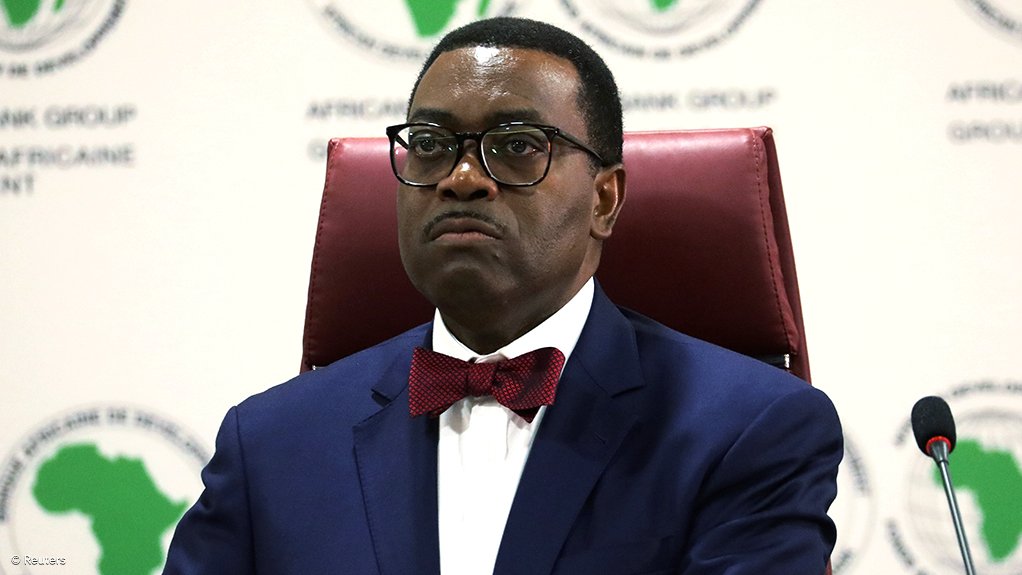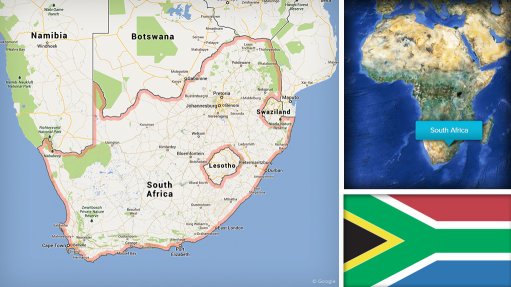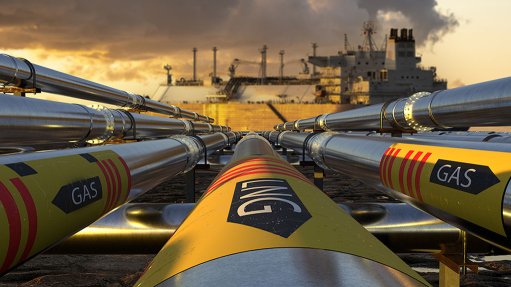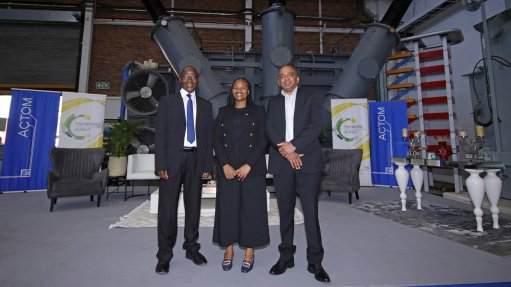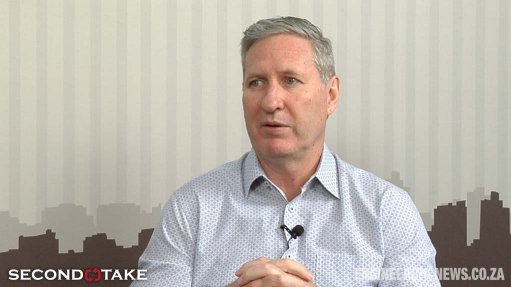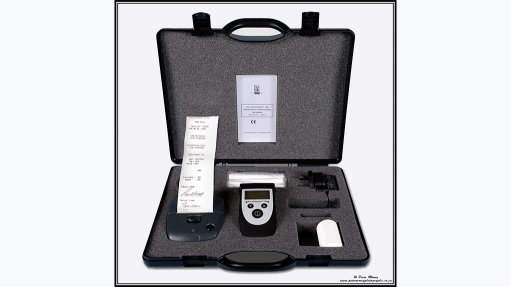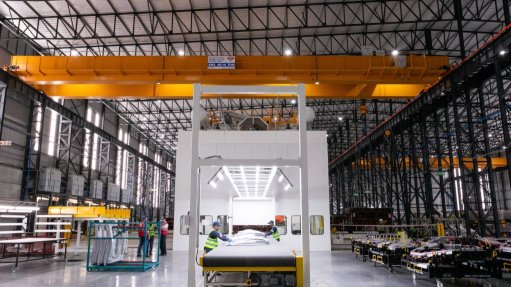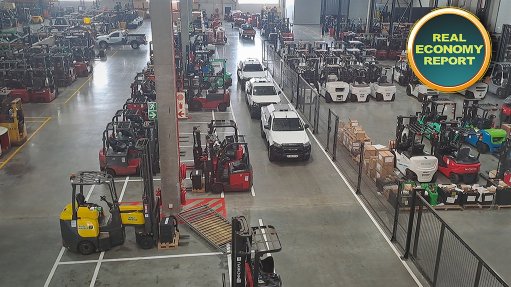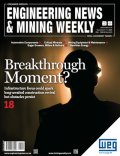Desert to Power Initiative to transform Africa’s most vulnerable region into an energy hub
The African Development Bank (AfDB) has emphasised its role in delivering the Desert to Power Initiative, which aims to energise one of the least developed and most marginal parts of the continent.
The Sahel region, which is one of the most vulnerable regions in the world, will become a solar energy hub, targeting 11 countries: Burkina Faso, Chad, Djibouti, Eritrea, Ethiopia, Mali, Mauritania, Niger, Nigeria, Senegal and Sudan.
Desert to Power seeks to generate 10 GW of solar power by 2030 by harnessing the region's significant solar potential, thereby facilitating access to electricity for 250-million people.
The project is the brainchild of AfDB president Dr Akinwumi Adesina.
“Desert to Power is what I call the baobab of projects. It will require all our efforts if we are to effect change,” he said at the most recent Conference of the Parties to the United Nations Framework Convention on Climate Change.
Last December, the AfDB approved the 225 kV Mauritania-Mali Power Interconnection and related Solar Power Plants Development Project (PIEMM) which is a priority operation under the Desert to Power Initiative.
The project will help develop regional electricity trade in the Sahel, allow Mali to import about 600 GWh/y of electricity from renewable energy sources from Mauritania and enable both Mali and Mauritania to increase their national electricity access rate and to improve the performance of their electricity subsector.
This will be achieved by reducing fuel consumption and shutting down several generators with exorbitant operating costs, while also reducing greenhouse-gas emissions.
Ultimately, the project is expected to connect 100 000 new households – 80 000 in Mauritania and 20 000 in Mali.
The initiative presents a major step along the way to solving Africa’s critical energy access issues and reducing dependence on fossil fuels such as heavy fuel oil. These are key drivers of environmental fragility in the region, worsening climate warming behind many of the dramatic weather events now regularly hitting the continent.
The AfDB has also leveraged climate finance from international sources such as the Green Climate to blend with the bank’s own resources to support the Desert to Power Initiative.
Additionally, the AfDB’s Sustainable Energy Fund for Africa, which is its largest in-house blended finance facility with commitments of more than $500-million from 10 donors, including Denmark, the US, the UK, Italy, Norway, Spain, Sweden, Germany, the Nordic Development Fund, and the Global Energy Alliance for People and Planet, is providing catalytic capital for private-sector projects across the Desert to Power countries.
Currently, the Desert to Power portfolio counts 10 investment projects and more than 15 technical assistance operations across seven of the 11 countries of operation.
The initiative is part of a broader effort to transition Africa towards more sustainable energy sources, helping mitigate deforestation and its associated impacts, the AfDB says.
In Africa, deforestation is a significant issue, with an area equivalent to the size of Switzerland being cleared of forestation yearly, largely for cooking and heating purposes. This loss of forestation exacerbates dust storms, disrupts rain patterns, and accelerates desertification, posing severe threats to biodiversity and local climates.
The AfDB says its investment in solar energy is crucial because reliable and affordable energy is essential for reducing reliance on charcoal, which is not only a leading cause of deforestation, but also an expensive option for many households.
The continent's rapid population growth has intensified energy demand, with the population doubling and doubling again to at least 1.2-billion, nearly half of whom lack access to electricity.
While there are ongoing reforestation projects in countries such as Kenya, Congo, Madagascar and Malawi, the rate of forestation loss far outpaces these efforts. The immediate need is to electrify the continent quickly, choosing sustainable energy sources such as solar, wind and hydro over more harmful fossil fuels, the AfDB asserts.
Africa's potential for renewable energy is vast but largely untapped. The continent has an almost unlimited solar capacity of about 11 TW, significant hydro resources of about 350 GW, with only between 5% and 6% currently harnessed, wind power potential of about 110 GW, with only about 2% currently used and geothermal energy sources of up to 15 GW.
Despite this potential, 600-million people in Africa live without access to electricity. The continent accounts for just 6% of global energy demand and slightly more than 3% of electricity demand. This underscores the importance of scaling up renewable-energy investments to meet the continent's energy needs sustainably, the AfDB says.
From 2016 to 2022, the AfDB approved $8.3-billion in energy commitments, with 87% directed towards renewable-energy projects. This investment has already generated 3.4 GW of electricity, including 2.6 GW from renewable sources.
The bank is also developing an African Green Mineral Strategy to capitalise on the continent's abundant critical minerals, such as cobalt, manganese and platinum, which are essential for facilitating the energy transition.
Article Enquiry
Email Article
Save Article
Feedback
To advertise email advertising@creamermedia.co.za or click here
Comments
Press Office
Announcements
What's On
Subscribe to improve your user experience...
Option 1 (equivalent of R125 a month):
Receive a weekly copy of Creamer Media's Engineering News & Mining Weekly magazine
(print copy for those in South Africa and e-magazine for those outside of South Africa)
Receive daily email newsletters
Access to full search results
Access archive of magazine back copies
Access to Projects in Progress
Access to ONE Research Report of your choice in PDF format
Option 2 (equivalent of R375 a month):
All benefits from Option 1
PLUS
Access to Creamer Media's Research Channel Africa for ALL Research Reports, in PDF format, on various industrial and mining sectors
including Electricity; Water; Energy Transition; Hydrogen; Roads, Rail and Ports; Coal; Gold; Platinum; Battery Metals; etc.
Already a subscriber?
Forgotten your password?
Receive weekly copy of Creamer Media's Engineering News & Mining Weekly magazine (print copy for those in South Africa and e-magazine for those outside of South Africa)
➕
Recieve daily email newsletters
➕
Access to full search results
➕
Access archive of magazine back copies
➕
Access to Projects in Progress
➕
Access to ONE Research Report of your choice in PDF format
RESEARCH CHANNEL AFRICA
R4500 (equivalent of R375 a month)
SUBSCRIBEAll benefits from Option 1
➕
Access to Creamer Media's Research Channel Africa for ALL Research Reports on various industrial and mining sectors, in PDF format, including on:
Electricity
➕
Water
➕
Energy Transition
➕
Hydrogen
➕
Roads, Rail and Ports
➕
Coal
➕
Gold
➕
Platinum
➕
Battery Metals
➕
etc.
Receive all benefits from Option 1 or Option 2 delivered to numerous people at your company
➕
Multiple User names and Passwords for simultaneous log-ins
➕
Intranet integration access to all in your organisation



